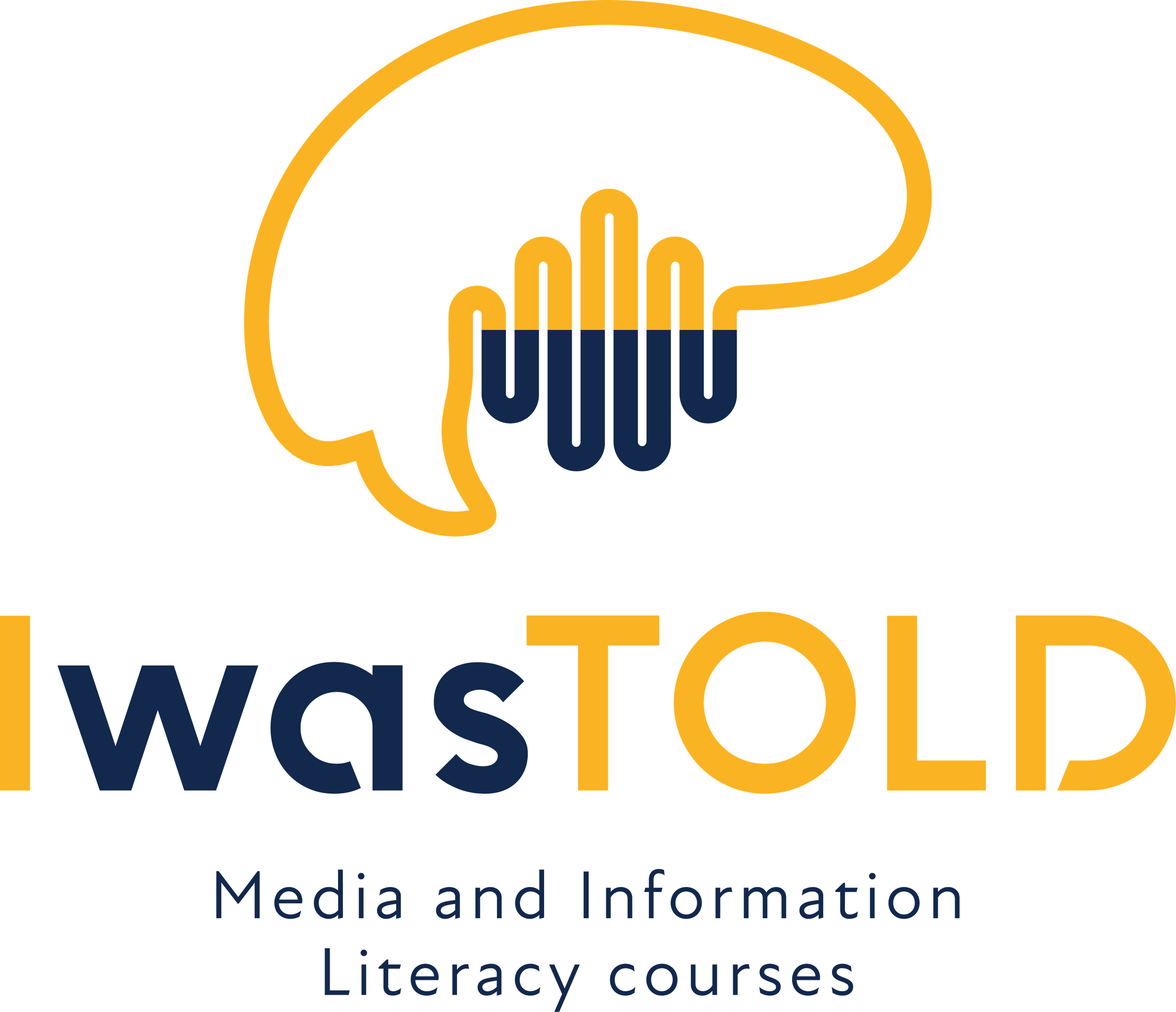4. MEDIA LITERACY AND NEW DIGITAL MEDIA ECOSYSTEM
-
New Media Ecosystem and Media Education 3.06 Topics|4 Quizzes
-
Platforms: The Power of GAFAM (Google, Apple, Facebook, Amazon and Microsoft)5 Topics|3 Quizzes
-
Algorithms and Their Role in Contemporary Digital Media Business6 Topics|4 Quizzes
-
Netflix and Algorithmic Literacy6 Topics|4 Quizzes
-
Fact-Checking Services as New Form of Digital Media5 Topics|3 Quizzes
Participants14
Media Education 3.0 as an Answer to The Transforming Media Landscape
Mil 9 September 2021
WHAT IS MEDIA EDUCATION 3.0
Media education 3.0 is a concept suggested by Polish scholar and media educator Grzegorz Ptaszek (2021) to bring students’ and teachers’ attention to the contemporary digital media ecosystem through critical analysis. This table summarizes the timeline of the development of media education offered by the author:
| Media Education | Time Period | Dominant Medium | Focus |
| Media Education 1.0 | Second half of 20th century | Television, radio, print | The goal of media education was to provide users with the tools needed for critical content evaluation while also emphasizing the role of context, with a particular emphasis on users’ abilities to recognize and decode the hidden meaning of mass media (TV, radio, print). |
| Media Education 2.0 | First decade of the 21st century | Internet, online platforms, social media, blogs | Focus on encouraging users to actively participate in content creation, express themselves in meaningful ways, and explore their creativity on social media platforms. |
| Media Education 3.0 | Second decade of the 21st century | Social media, media platforms, mobile applications, the Internet of Things (based on algorithmic data processing) | Focuses on critical analyses of the digital media ecosystem shaped by algorithm-based platforms and covers a technological sphere that is mostly invisible to users. |
The idea about media education 1.0, 2.0, and 3.0 is based on Web 1.0, Web 2.0, and Web 3.0 that refer to different phases of the World Wide Web development, each with distinct characteristics and features. Applying this analogy, Media Education 1.0, 2.0 and 3.0 apply the distinct characteristics of the media landscape, enabling a better understanding of the different stages of media development and how they impact our lives, so there is a sense to better understand what Web 1.0, Web 2.0 means.
MEDIA EDUCATION 3.0 AS AN ANSWER TO THE TRANSFORMING MEDIA LANDSCAPE
In Media Education 3.0, the focus is largely on the invisible aspects of Big Data, datafication and the hidden algorithms that are used in digital media platforms to manage the user’s behaviour, attention, and content what they use. The aim of datafication and algorithms is to support the monetization strategies and business models of digital media companies based on targeted advertising or personalized content recommendations. These algorithms have a powerful influence on the way people think, feel, and interact with each other, as well as the way they consume content.
The goal of Media Education 3.0 is to help learners understand how the business models of algorithm-based platforms work, how they affect content and user experiences, and how they may have a broader impact on society. By understanding the economic and business aspects of algorithms and digital media platforms, learners can develop a more nuanced understanding of the forces that shape the media landscape and become better equipped to critically evaluate the content and information they encounter online. This includes understanding the ways in which algorithms are designed to capture user data and use it to generate revenue, and how this may raise concerns around privacy, data security, and transparency against the potential harms of misinformation and enable media users to make more informed decisions.
⬇️ REFERENCES:
- Ptaszek, G. (2020). Media education 3.0? how big data, algorithms, and AI redefine media education. The Handbook of Media Education Research, 229-240.
- Ptaszek, G. (2019). From Algorithmic Surveillance to Algorithmic Awareness: Media Education in the Context of New Media Economics and Invisible Technologies. Media, 59.
- Nichols, T. Philips; LeBlanc, Robert-Jean (2020). “Media education and the limits of ‘literacy’: Ecological orientations to performative platforms”. Curriculum inquiry, v. 51, n. 4, pp. 389-412. https://doi.org/10.1080/03626784.2020.1865104
- José van Dijck, Thomas Poell, and Martijn de Waal, 2018, The Platform Society: Public Values in a Connective World, Oxford University Press
- Hobbs, R. (2020). Propaganda in an age of algorithmic personalization: Expanding literacy research and practice. Reading Research Quarterly, 55(3), 521–533. https://doi.org/10.1002/rrq.301
